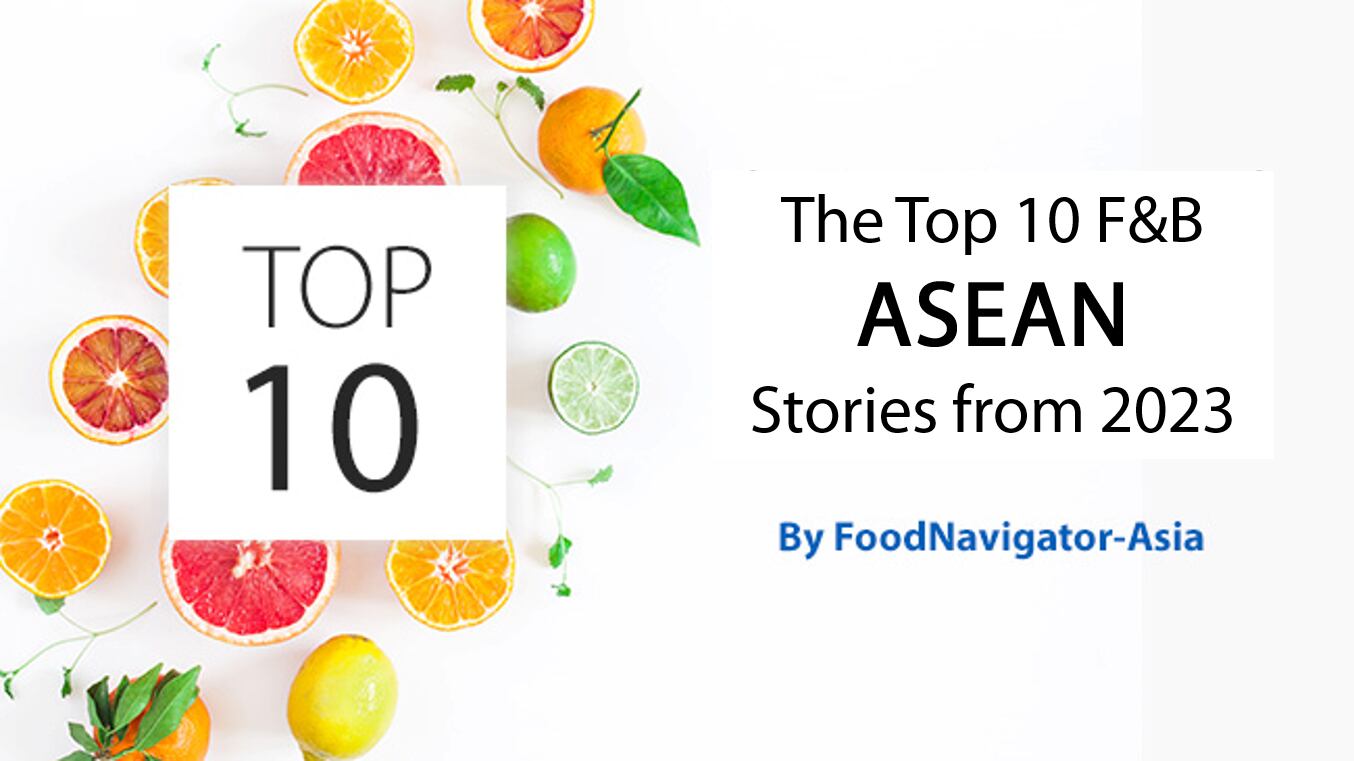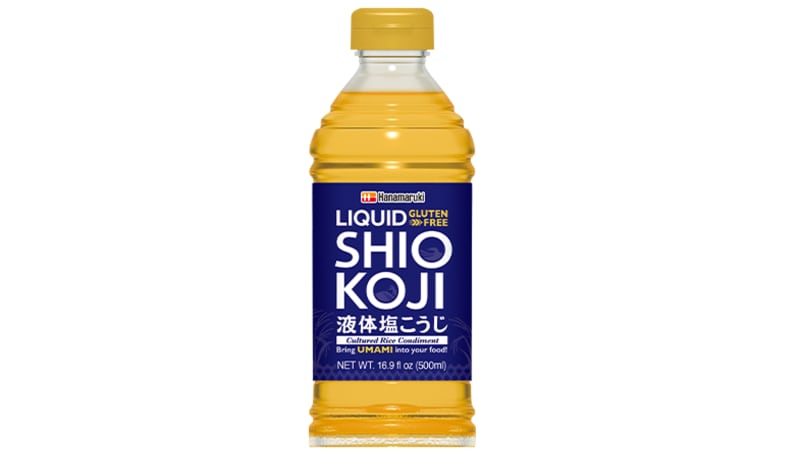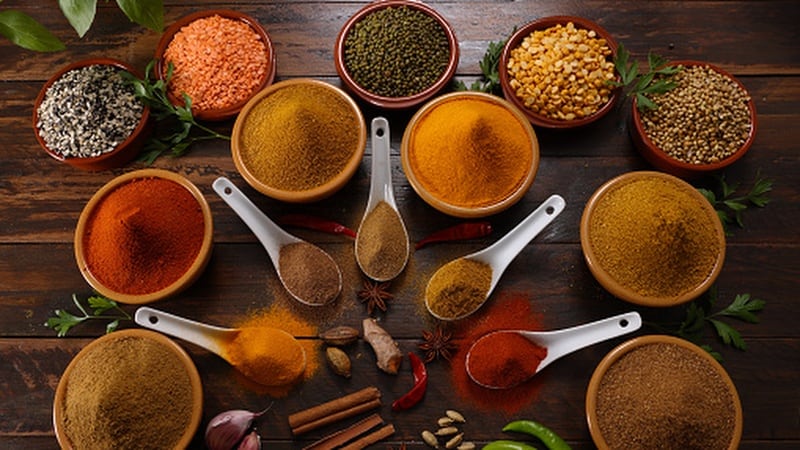A region infuriated: Confidence in EU trade plummets in ASEAN as palm oil sector formally unites
ASEAN consumer confidence in regional trade relations with the European Union plummeted earlier last year on the back of the latter’s deforestation law and its impacts on various food commodities, as major palm oil producing countries in the region moved to formally protest on the world stage.
The EU parliament approved its long-debated and highly-controversial deforestation regulation in September last year despite widespread protests from countries producing several food commodities in regions from Asia to South America.
They claimed the move was a political ploy and experts warned that this was highly likely to lead to further price hikes amidst inflationary pressures.
This led to major palm oil producer markets such as Malaysia and Indonesia to look at retaliation, with talks of potentially cutting off palm oil trade with the EU.
Standing strong: Nestle’s affordable products strategy boosts emerging market growth
Nestle’s strategy to focus on product affordability and accessibility paid off in 2022, with the firm having reported more significant growth from its business in emerging markets even amid inflationary and economic turbulence.
Nestle published its FY2022 full year financial results on February 16 2023, announcing total year-on-year organic sales growth of 8.3% to CHF94.4bn (US$136.5bn) and a 16% increase in operating profit to CHF16.1bn (US$23.3bn), though profit margins were reported to have dropped by 30 basis points (0.3%) to 17.1% overall.
“We wanted to highlight that the emerging markets in which we do business performed particularly strongly, showing 10% in organic growth which was even stronger in comparison to the developed markets where organic growth was 7.1%," Nestle CEO Mark Schneider said.
Nestle’s emerging markets make up 42% of its business (the remaining 58% being developed markets), further demonstrating the strength of this segment. Many of these emerging markets are located in the Asian region, from large countries like India to many smaller but fast-growing markets in South East Asia such as Vietnam.
ASEAN food sector outlook 2023: Post-COVID-19 growth in Indonesia, Vietnam dampened by food security and inflation woes
Many South East Asian countries have remained cautious and concerned over food insecurity and rising inflationary costs despite seeing stellar post-COVID-19 growth in multiple food categories.
The ASEAN food and beverage sector saw varying ups and downs during the height of the COVID-19 pandemic, with sectors such as alcohol taking a hit in some markets like Malaysia, and others such as snack foods and tinned goods seeing monumental growth amidst consumer stockpiling and switching to eating or cooking more at home.
As of the last quarter of 2022, sales patterns in most food and beverage categories have normalized, but industry experts remained cautious in 2023.
Upgrades and opportunities: Kraft Heinz pumps investment into Indonesia, eyes meat replacement innovation
Global food giant Kraft Heinz has said that investment in an upgraded facility and new sustainability pledges reaffirm its commitment to the crucial Indonesia market, while also revealing it was examining opportunities in the meat replacement space.
The firm’s largest production facility in the Asian region is located in Indonesia, mostly focused on the production of its ABC branded products which are a leader in terms of market share in the country.
Kraft Heinz poured in a total of IDR 1.2 Trillion (US$ 84M) in CAPEX investment to upgrade this site, installing modernised processing equipment, solar energy and waste water management systems.
“This advancement is expected to transform the ABC Indonesia Karawang plant into a world-class factory and is an important milestone for us here in Indonesia as we pave the path for our long-term growth in Indoensia,” Kraft Heinz Indonesia-Papua New Guinea Managing Director Steven Debrabandere told FoodNavigator-Asia.
Dairy development: Malaysia looks to update four-decade-old milk regulations to prevent food safety and fraud concerns
The Malaysian Ministry of Health (KKM) released a statement earlier in 2023 seeking public opinion to update the local statutes governing food safety and quality of milk products in the country, citing concerns of fraudulent or unsafe products falling through the cracks.
The current statute governing these products has been the 1985 Food Regulations, and the scope of milk products that KKM wanted to improve control over included skimmed milk, non-fat milk, pasteurised milk, recombined milk, reconstituted milk and so on.
“KKM is seeking the public’s opinion to update these regulations in order to protect the public from the potential health risks and prevent fraudulent handling of the preparation, sale or usage of these foods and beverages,” KKM said via a formal statement.
Combating price sensitivity: Nestle Malaysia banks on new product innovation to battle through economic challenges
Nestle Malaysia highlighted that its strong focus on continued new product innovation is what would help it combat ongoing global economic challenges and food commodity cost increases.
The Nestle Group as a whole announced its Q12023 financial results in April 2023, reporting a 5.6% increase in global sales compared to Q42022 to CHF23.5bn (US$26.4bn) but did not reveal any profits numbers in this report apart from a forecasted profits margin in 2023 to be between 17% and 17.5%.
What was highlighted was a 9.8% pricing increase overall, attributed to ongoing significant cost inflation. For the APAC region, this was broken down to be 9.1% in Zone Asia, Oceania and Africa (AOA) and 3.9% in Zone Greater China.
Asia was not the worst hit by price hikes when compared to Latin America (13.4% increase), North America (12.4% increase), and Europe (10.7% increase), but in a market where price sensitivity is particularly high such as Malaysia, the impacts are always likely to be more enhanced.
Too much sugar focus: ‘More measures’ needed for Singapore’s Nutri-Grade system to improve consumer diets – study
A study conducted by Singaporean researchers on the government’s Nutri-Grade front-of-package (FOP) beverage labelling scheme in 2023 has concluded that more work needs to be done for it to make a positive impact on consumer dietary and purchasing choices.
Singapore first announced the Nutri-Grade labelling scheme for sugar-sweetened pre-packaged beverages back in 2020, and this was finally officially enforced in the country in December 2022 after various delays attributed to COVID-19.
The scheme grades beverages from A (healthiest) to D (least healthy) in terms of sugar and saturated fat levels.
Researchers at the Duke-NUS Medical School conducted a randomised trial involving 138 participants to examine the impacts of Nutri-Grade implementation on consumer purchasing choices, via an experimental online grocery store platform NUSMart in collaboration with local grocery retailer FairPrice.
They found that although the FOP labelling system did help to encourage consumers to choose beverages with higher ratings, this was not quite so clear in terms of helping them to improve health and dietary choices.
Nutritional labelling catch-up: Vietnam moves to implement mandatory regulations and align with international standards
Vietnam moved earlier in 2023 to implement regulations that mandate the display of nutritional labelling according to national standards on all qualifying food and beverage products in the country, progressing from its previous voluntary labelling system.
According to government data, just 60% of food and beverage firms in the country were displaying nutritional labels on their products previously. The majority of these were larger brands and retailers.
“A study by the Ministry of Health Department of Preventive Medicine has shown that overall 60% of products have nutritional information provided – it also found that 82% of non-alcoholic beverages are attaching labels, but just 50% of processed packaged foods are doing this,” Vietnamese Deputy Minister of Health Do Xuan Thuyen said via a formal statement.
Thailand prepackaged food labelling: New rules proposed for expiry dates and allergen warnings
Thailand has proposed to revamp its rules around expiration dates and allergen warnings, with regulator Thai Food and Drug Association (FDA) having issued draft proposals for prepackaged foods
In lieu with multiple other countries in Asia from Vietnam to South Korea, the Thai food regulatory authority has embarked on a course to improve its labelling regulations to align with international standards.
Thai FDA’s major areas of focus with this upgrade is to change the requirements management over how expiration dates and allergen warnings are displayed on-pack.
“One major change that has been proposed in this draft is much deeper clarity regarding how allergen warnings need to be displayed and what ingredients need to carry such warnings,” the agency stated via a formal statement.
World first: Singapore gives GOOD Meat approval to to commercialise serum-free media for cultivated meat
Singapore Food Agency (SFA) granted a world-first regulatory approval to GOOD Meat for the use of serum-free media in the production of cultivated meat in 2023.
The firm sais this technical and regulatory milestone would lead to production efficiencies through greater scalability, lower manufacturing costs and a more sustainable product.
It also paved the way for the production of larger quantities cultivated chicken made from cells instead of slaughtered animals.
GOOD Meat obtained approval from SFA for its first chicken product in November 2020 and a subsequent approval for new formats in November 2021. With the latest regulatory approval for serum-free cultivation media, the US-based foodtech firm says it will soon transition to a more efficient and favourable production process.





